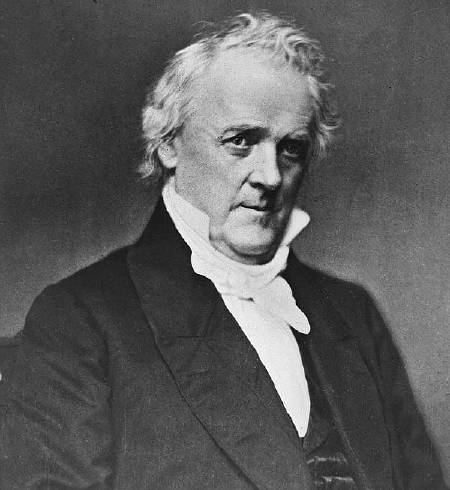China In Revolt

The Article: China in Revolt by Eli Friedman in Jacobin Magazine.
The Text: The Chinese working class plays a Janus-like role in the political imaginary of neoliberalism. On the one hand, it’s imagined as the competitive victor of capitalist globalization, the conquering juggernaut whose rise spells defeat for the working classes of the rich world. What hope is there for the struggles of workers in Detroit or Rennes when the Sichuanese migrant is happy to work for a fraction of the price?
At the same time, Chinese workers are depicted as the pitiable victims of globalization, the guilty conscience of First World consumers. Passive and exploited toilers, they suffer stoically for our iPhones and bathtowels. And only we can save them, by absorbing their torrent of exports, or campaigning benevolently for their humane treatment at the hands of “our” multinationals.
For parts of the rich-world left, the moral of these opposing narratives is that here, in our own societies, labor resistance is consigned to history’s dustbin. Such resistance is, first of all, perverse and decadent. What entitles pampered Northern workers, with their “First World problems,” to make material demands on a system that already offers them such abundance furnished by the wretched of the earth? And in any case, resistance against so formidable a competitive threat must surely be futile.














